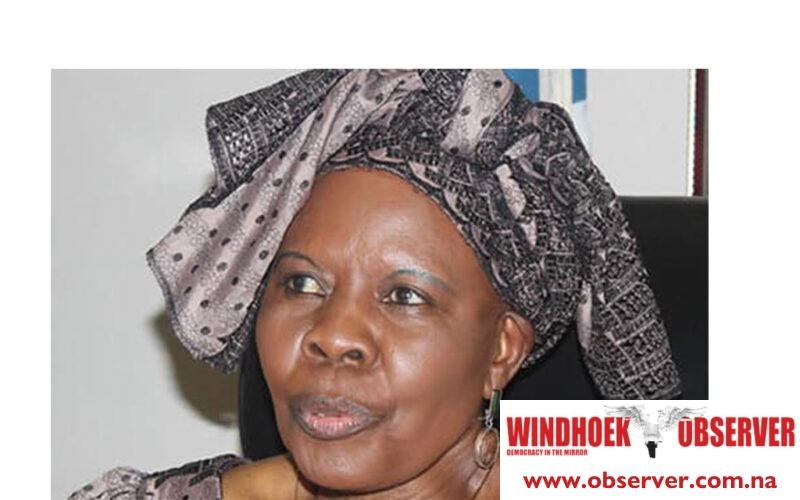Erasmus Shalihaxwe
Loide Kasingo, the deputy speaker of the National Assembly, has urged her fellow lawmakers and the people of Namibia to address the negative impact of climate change as a threat to human existence.
Kasingo made these remarks at the Southern Africa Parliamentarian regional workshop on strengthening the capacity of national parliaments to oversee climate action accountability and reporting in Windhoek on Wednesday.
She emphasised that the effects of climate change are real, and lawmakers should fulfil their role as legislators by enacting laws that are based on existing scientific data.
As elected representatives, they have a responsibility to make decisions that improve the living standards of their constituents, including the preservation and protection of vulnerable environments.
“As from our side as the host Parliament, we will continue to ensure that our Standing Committees include oversight activities around climate change in their yearly plans, including the Sustainable Development Goals (SDGs). In the same vein, I urge you all to advocate and push for climate change issues to become prominent topics in the exercise of your oversight role,” she said.
Kasingo added that legislators should carry out their oversight function to ensure that their countries adhere to their climate change commitments and minimise the impacts. Countries must be held accountable for their determined contributions (NDCs) by translating them into action on the ground.
This requires a multi-faceted approach that involves all key stakeholders.
“Climate change legislation to guide and legitimise our efforts. As Parliamentarians, we should stand ready to play our role once these legislations land in our respective chambers to ensure, once passed, they are implemented effectively to curb the impacts of climate change,” she added.
She also highlighted that although Africa has contributed minimally to global emissions, accounting for only about two to three percent, it is disproportionately the most vulnerable region in the world.
This vulnerability is exacerbated by the continent’s low levels of socioeconomic development.
“Namibia is naturally a dry country; the recent drought has worsened, we receive less rain and farmers are incurring huge losses. As a result, our President Nangolo Mbumba declared on 22 May, a State of Emergency following the worst drought we ever experienced in recent years. This speaks volumes to the reality of climate change,” said Kasingo.




